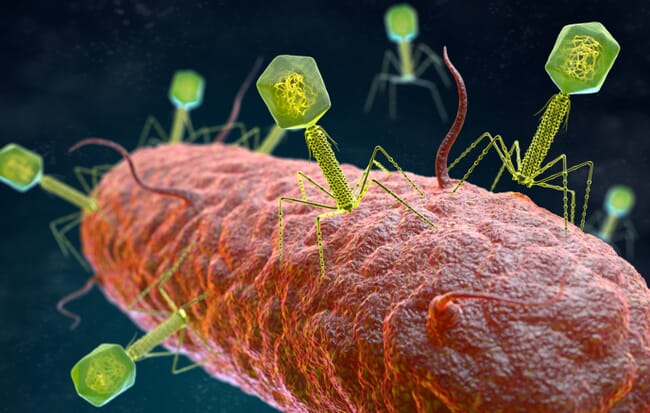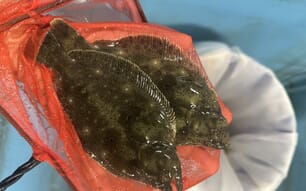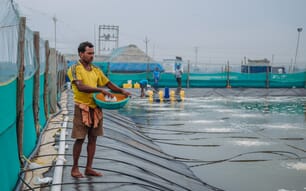
Bacteriophages are viruses that infect and kill bacteria and are emerging as an environmentally sustainable and effective alternative to antibiotics © Dr Subhashini
Employing phages is a promising alternative to antibiotics and will help the aquaculture industry to become more sustainable.
In a newly released video, the researchers behind the project reveal how phages can help fight diseases not only in fish but also in swine and poultry farming. The project is led by the Center for Evolutionary Hologenomics at the Globe Institute and has received NOK 9,581,000 (€ 929,000) in funding from the Norwegian Seafood Research Council FHF.
Self-replicating medicine
Pasteurella is a bacterium that causes infections in various organs, makes boils and fistulas and causes the fish to get sepsis and die. Applying bacteriophages to salmon farms is very promising because the phages are very specific and can work as a self-replicating medicine at the site of infection without killing or harming the rest of the “good” bacteria.
What are the future possibilities of phages?
“Phages have an enormous potential to fight and control bacterial infections both in industrial and clinical settings. They cannot harm our own cells as they are only able to infect bacteria, which makes them a great precision medicine tool,” says Professor Thomas Sicheritz-Pontén.




